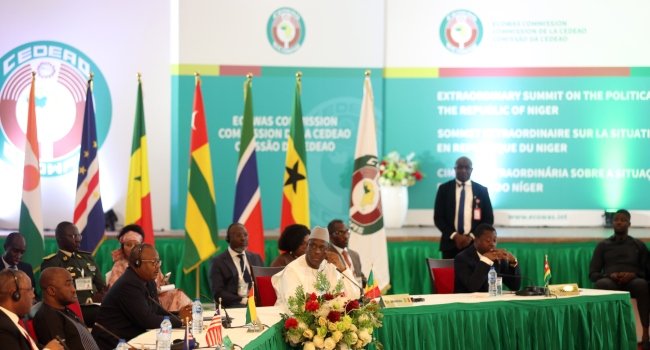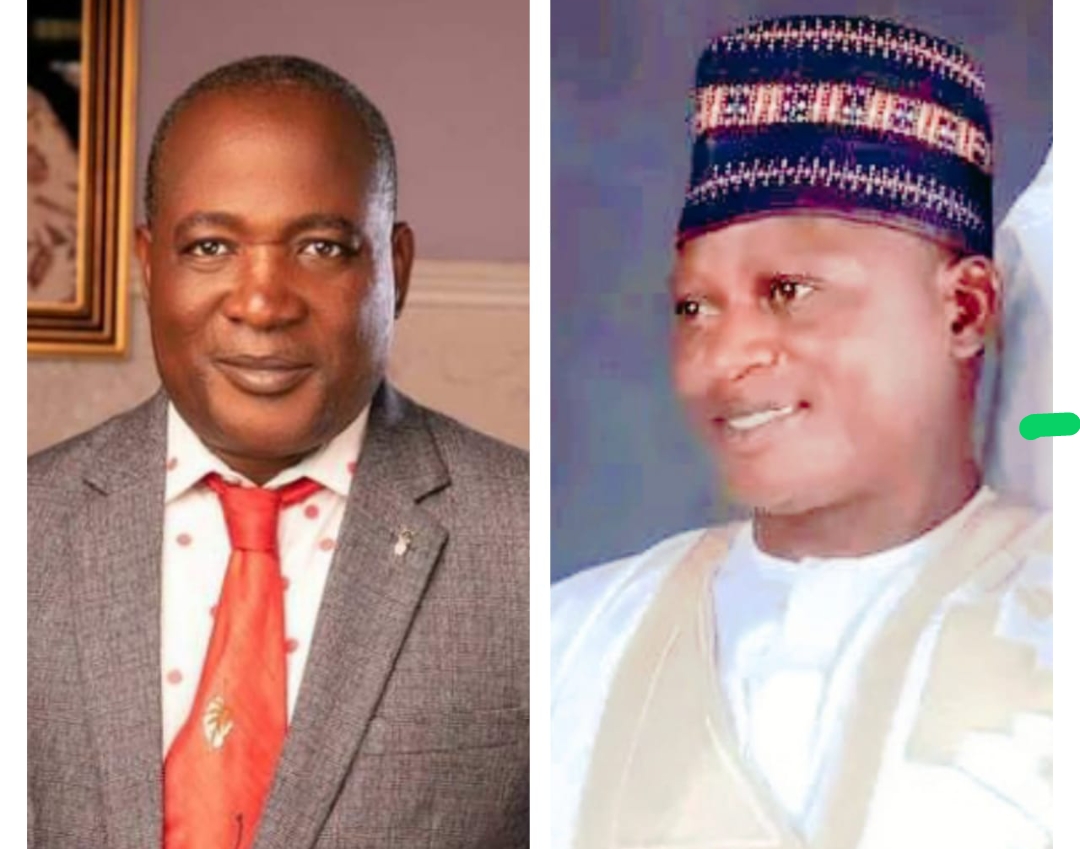A civil society organisation, the African Indigenous Foundation for Energy and Sustainable Development (AIFES), has appealed to the leadership of the Economic Community of West African States (ECOWAS), to aviid the use of force and violation of human rights in its efforts to restore peace in Niger Republic.
AIFES, in a statement issued in Port Harcourt yesterday by its executive director, Legborsi Saro-Pyagbara, said it is aware of the inexcusable consequences, particularly in the area of human rights violations and avoidable mass deaths of innocent civilians, especially women and children, in the event of deployment of armed forces to West African country.
The statement said although it condemn the undemocratic cessation of power by the military leaders in that country, it disagrees with the use of force or adoption of any approach that would lead to violation of rights of the citizens and corporate organizations there.
It reads in part: “Aware of the inexcusable consequences, particularly in the area of human rights violations and avoidable mass deaths of innocent civilians, especially women and children, in the event of deployment of armed forces to Niger, AIFES joins in the calls by great minds of justice and conscience in the African sub region and beyond to appeal to the leadership of the Economic Community of West African States, ECOWAS, not to consider the option of war or application of any form of force in its efforts in restoring normalcy in Niger.
“While we, no doubt, condemn the undemocratic cessation of power in Niger by the military leaders in the country, we however, disagree with the use of force or adoption of any approach that would lead to violation of rights of the citizens and corporate organizations there. Diplomatic options should be explored to the fullest.
“We also appeal to the military junta in Niger not to foot-drag its steps in returning governance to the elected officials that were undemocratically deposed.
“We believe there are legitimate means of changing any leadership that no longer enjoy the acceptability of the citizens, and this constitutional process should be followed if the people feel alienated, abused and misruled by the heads of government in that country, without engaging in acts of illegality.
“We commend the known and unsung efforts by individuals, corporate bodies and the international communities, including Nigerian Government, ECOWAS, AU and others, to restore peace and legitimate leadership in Niger since the elected government was unseated.
“We welcome steps taken so far, which include, sanctions by foreign Governments and Institutions, as well as the latest suspension of Niger by African Union in their quest to make the Military Junta let go their grip of power in the country.
“We call for total protection of citizens’ rights and provision of humanitarian aids and services to the people of Niger to avert escalated hunger, deceases and deaths of innocent citizens.”











